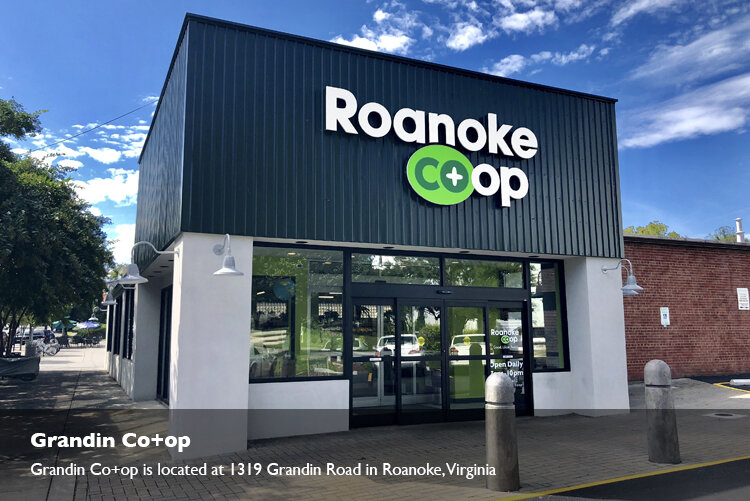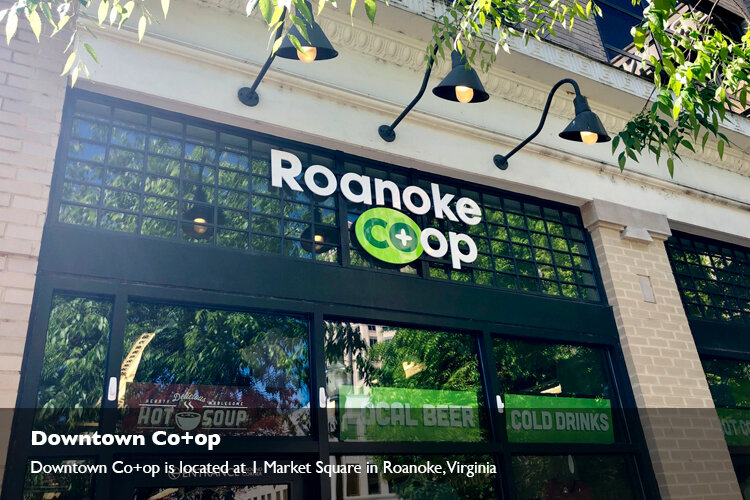About Us
Welcome to Roanoke CO+op
Incorporated in 1975, Roanoke Co+op– or the co-op as it is more commonly known – provides our community with nutritious food choices and earth-friendly products. Operating from cooperative principles, we support sustainable environmental practices, local organic farmers, local businesses, and our community.
We are the largest cooperatively owned natural foods grocery store in Virginia, and though we’re member owned, ownership is not required to shop. Our products are many, our selection diverse, and our promise unwavering – that you will find quality items for sale in our store and our deli with no artificial colorants, preservatives, or additives.
In addition to providing families with high-quality organic and natural products, the Co-op supports local efforts to preserve the integrity and health of our natural resources and community.
We invite you to browse our site, and to contact us with your questions about natural and organic living. We look forward to serving you – our customers, our community.
Our Global Ends
Roanoke Co+op exists so that our member-owners, customers, and the community benefit from:
Equitable economic relationships
Positive environmental impacts
Healthful foods and products
Practices that reflect social responsibility, diversity, equity, and inclusion
Educational resources
Updated April 15, 2024
What is a Co-op?
Our food co-op is a grocery store owned by your neighbors (and by you, if you choose). Unlike corporate chains, we’re totally independent and owned by the community members who shop here.
Here’s how it works: Everyone is welcome to shop, eat and hang out here. And everyone is welcome to join the co-op by making a one-time investment. In return, you get back financial benefits and a vote to choose the board of directors and impact the direction of the business.
While each food co-op is unique and owned by the community, they’re also part of a network of neighborhood stores across the country that work together toward the day when everyone has the good, local, healthy food they deserve.
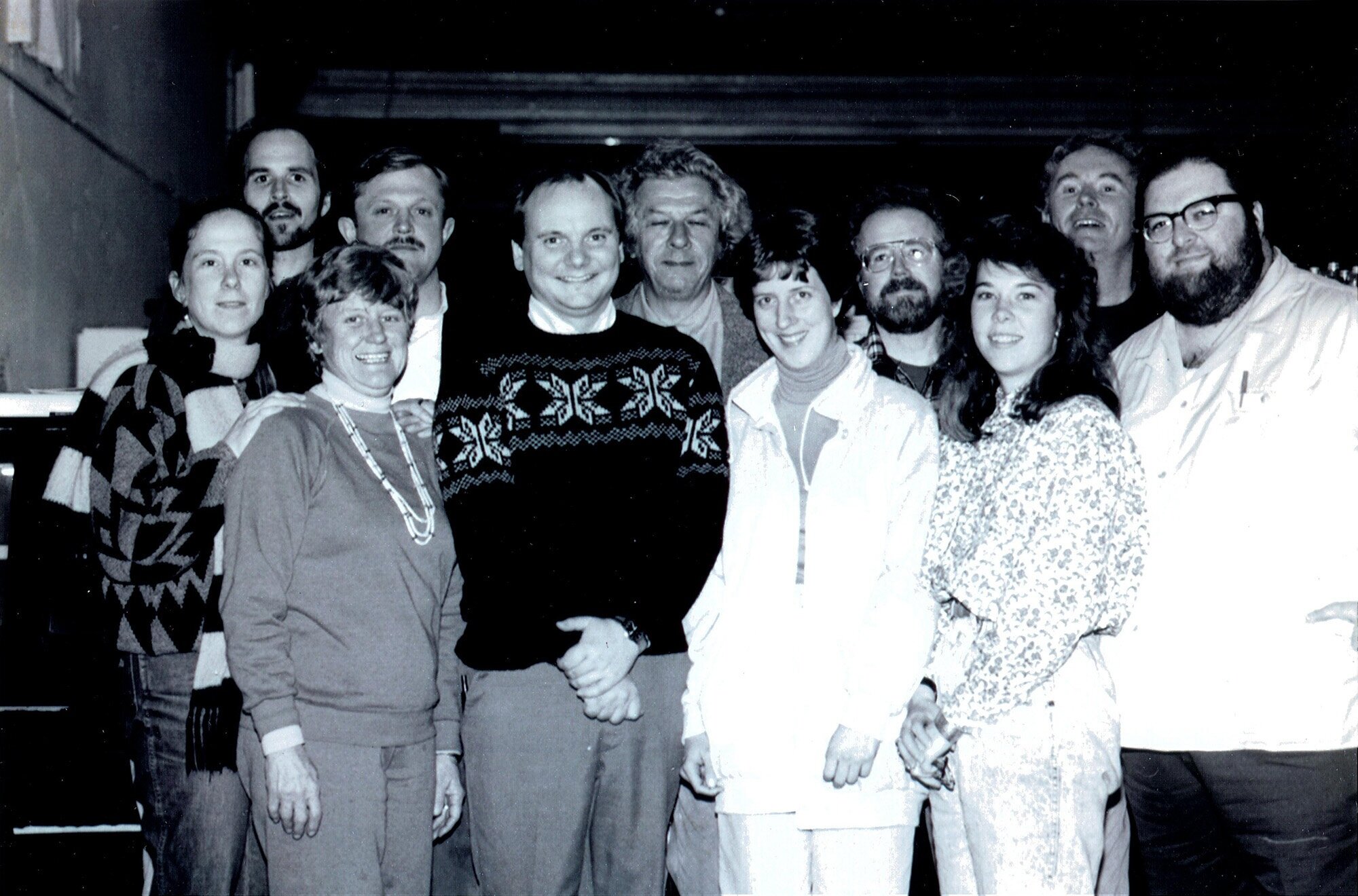
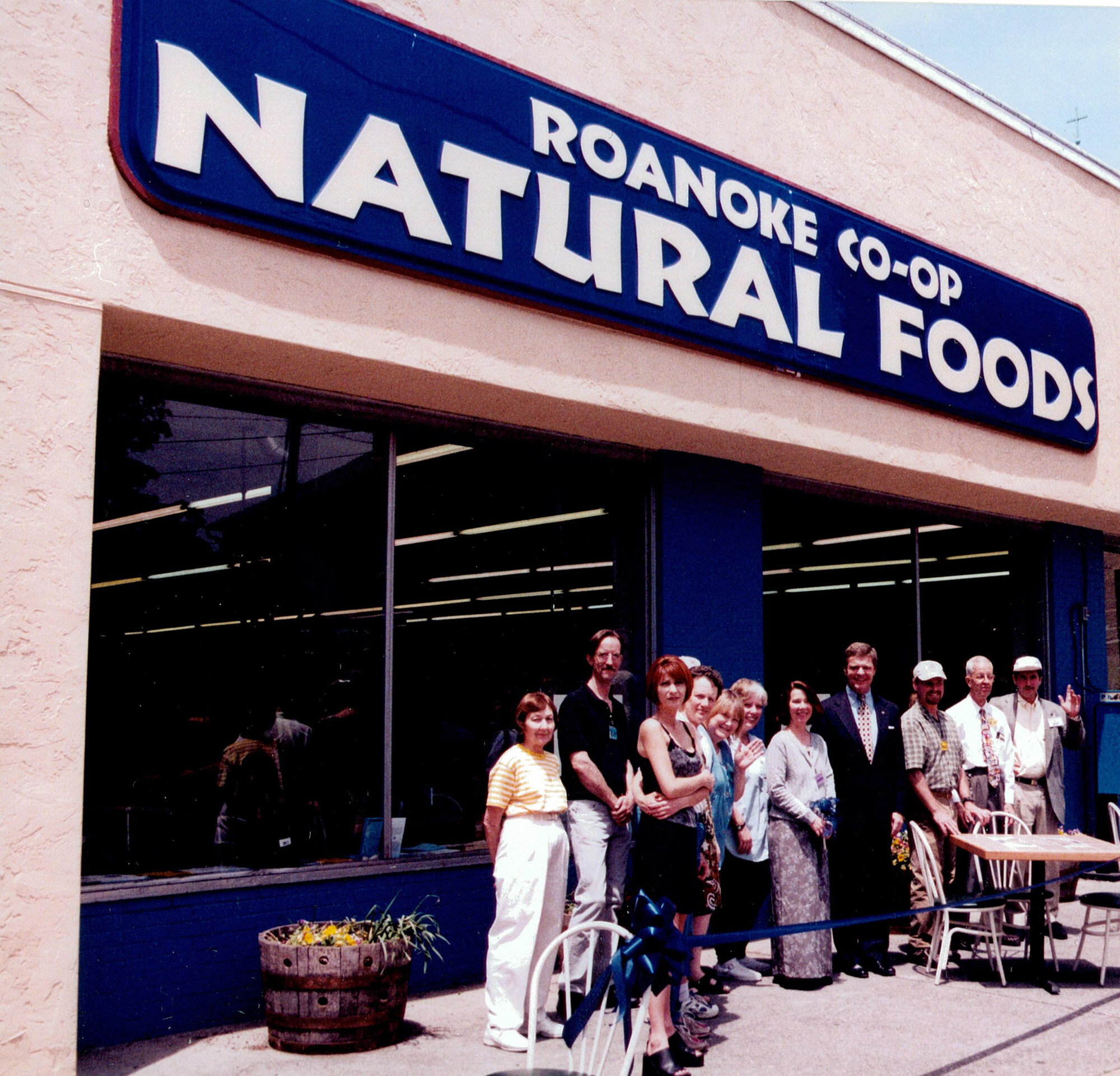
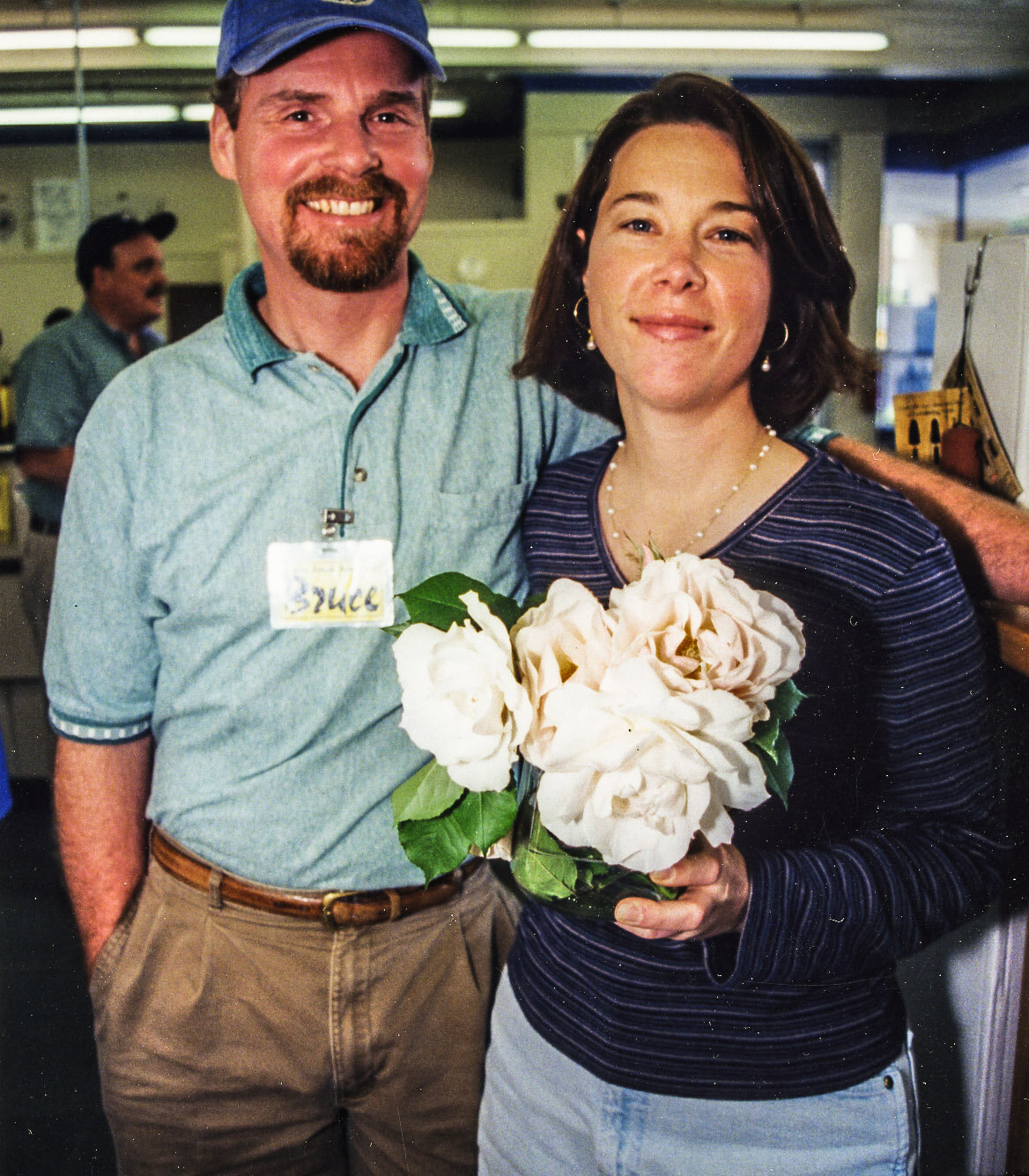
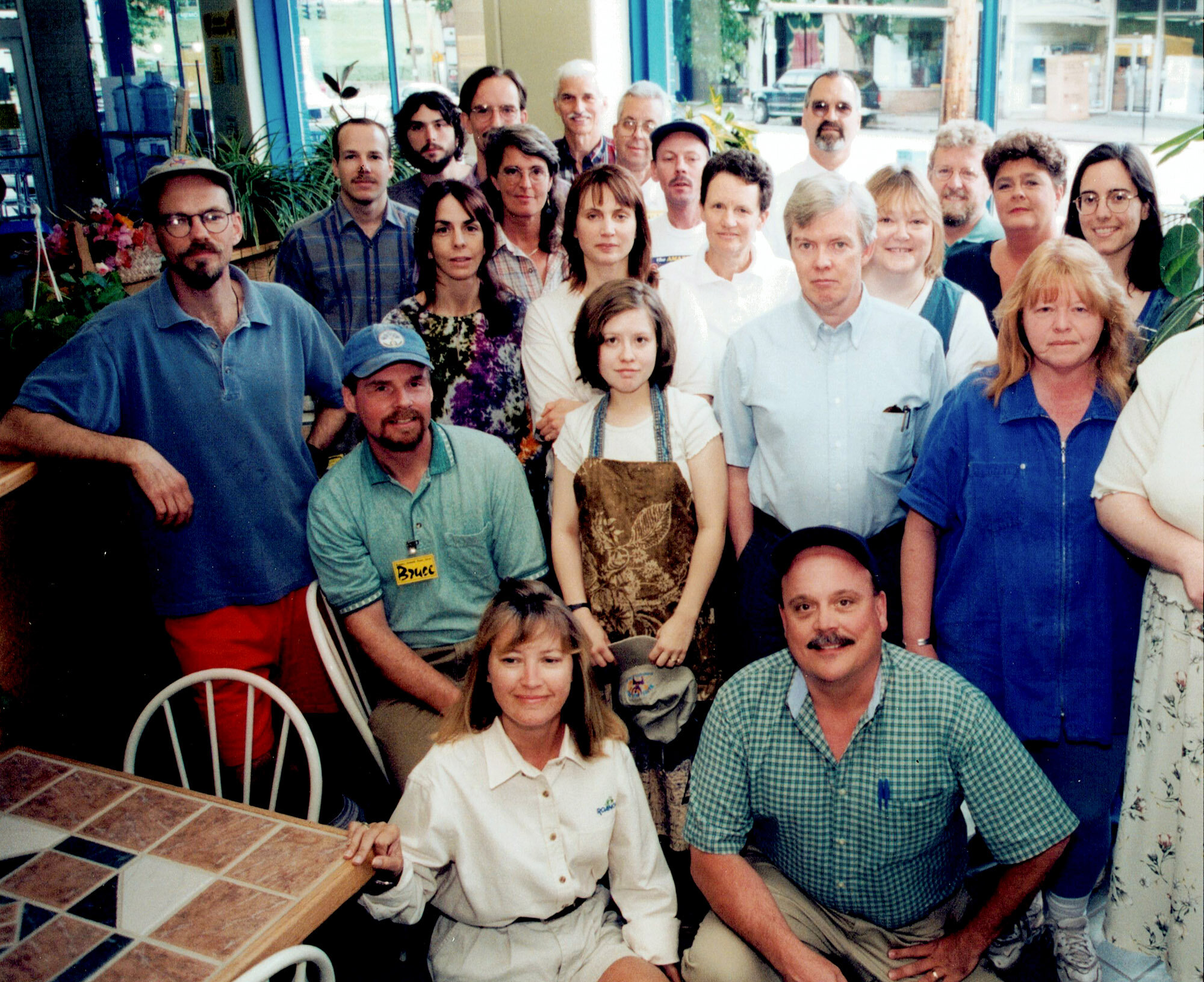
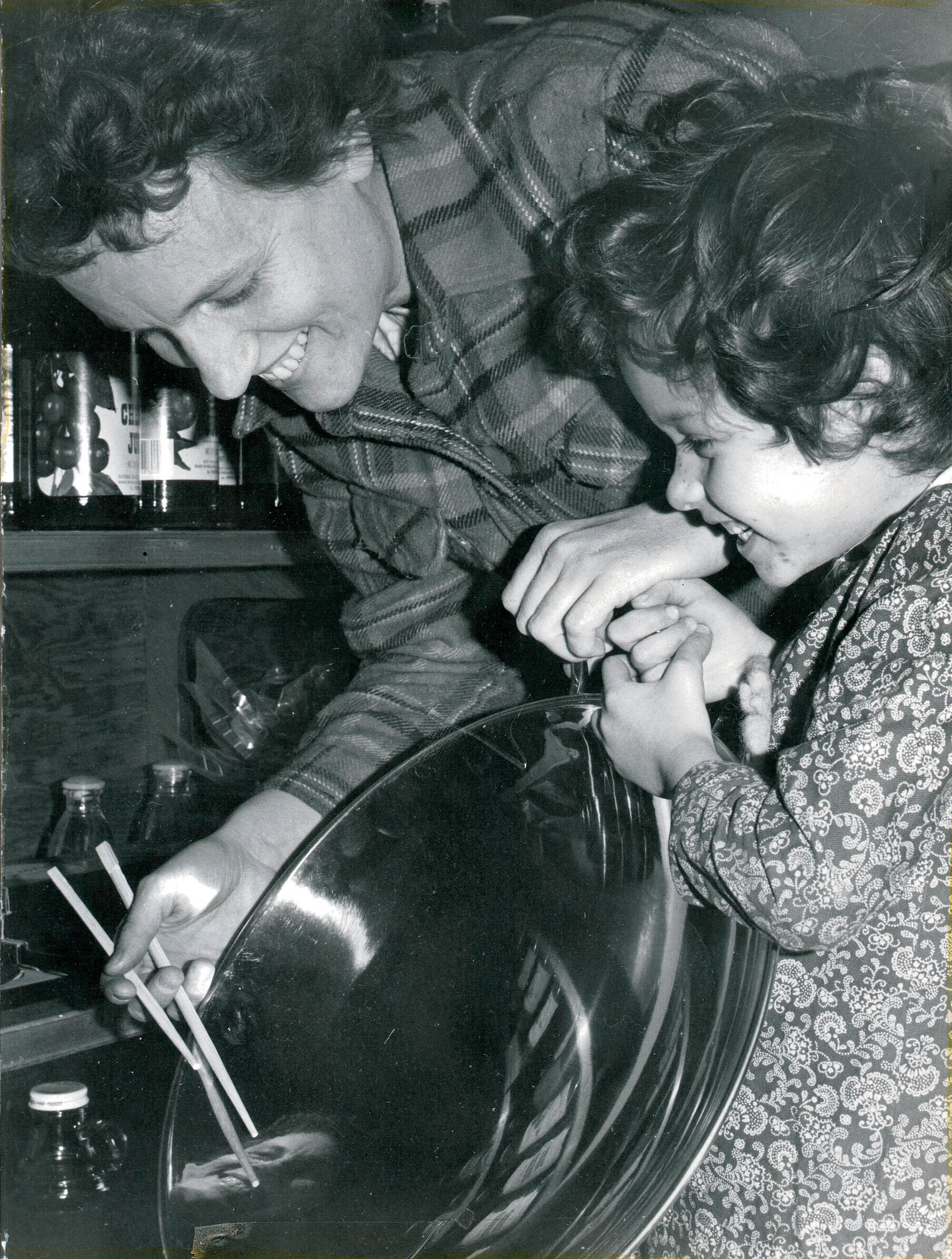
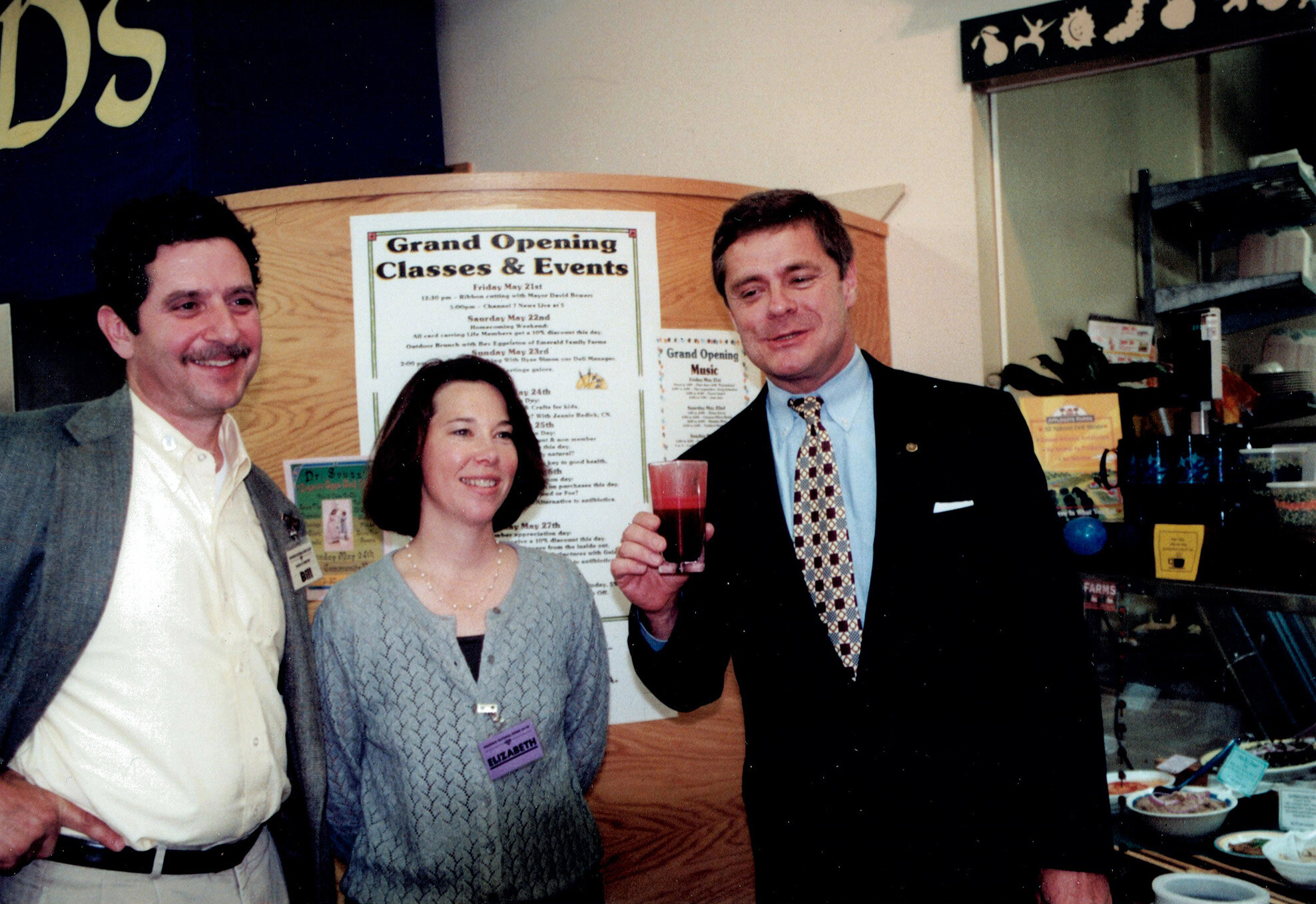
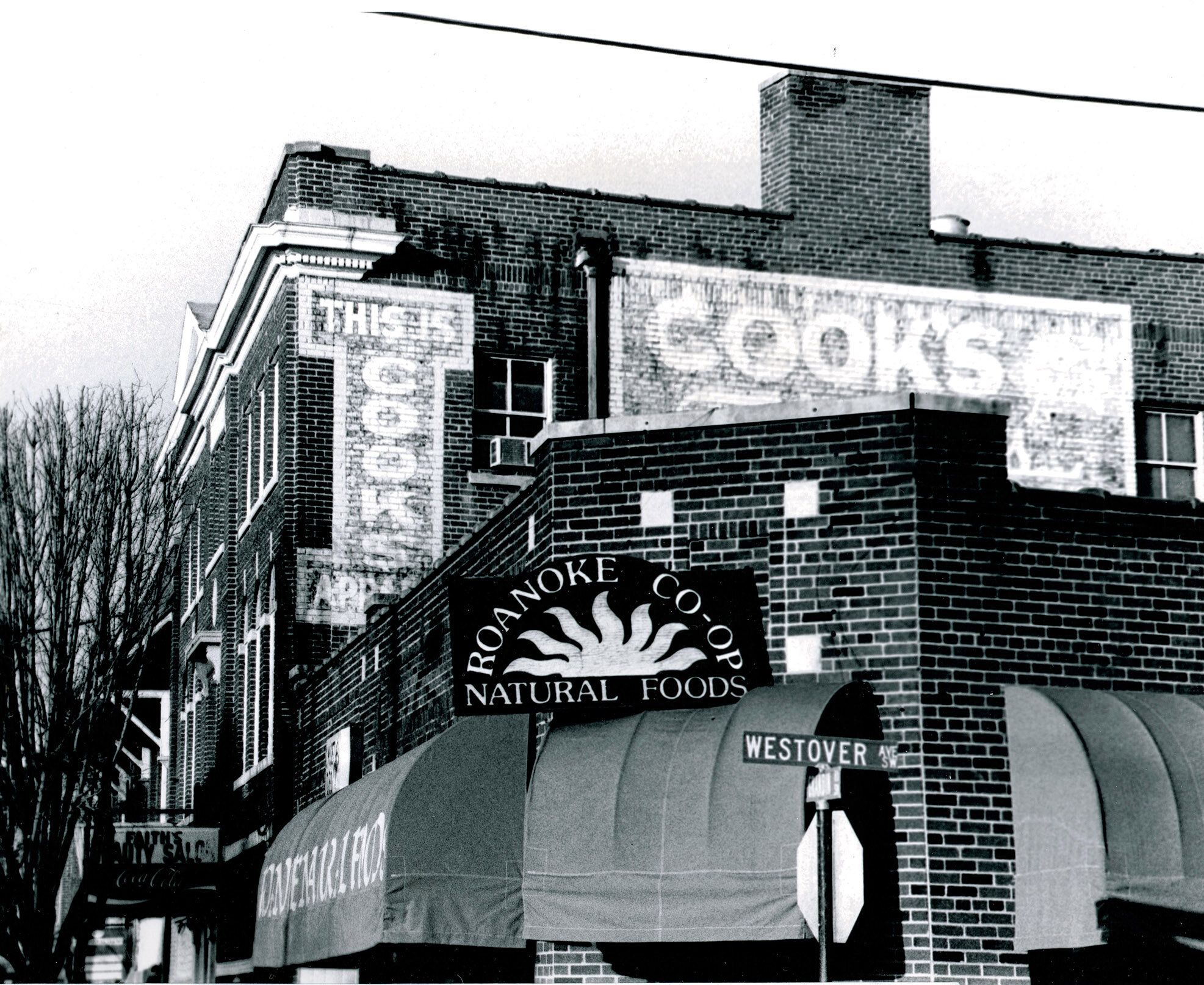
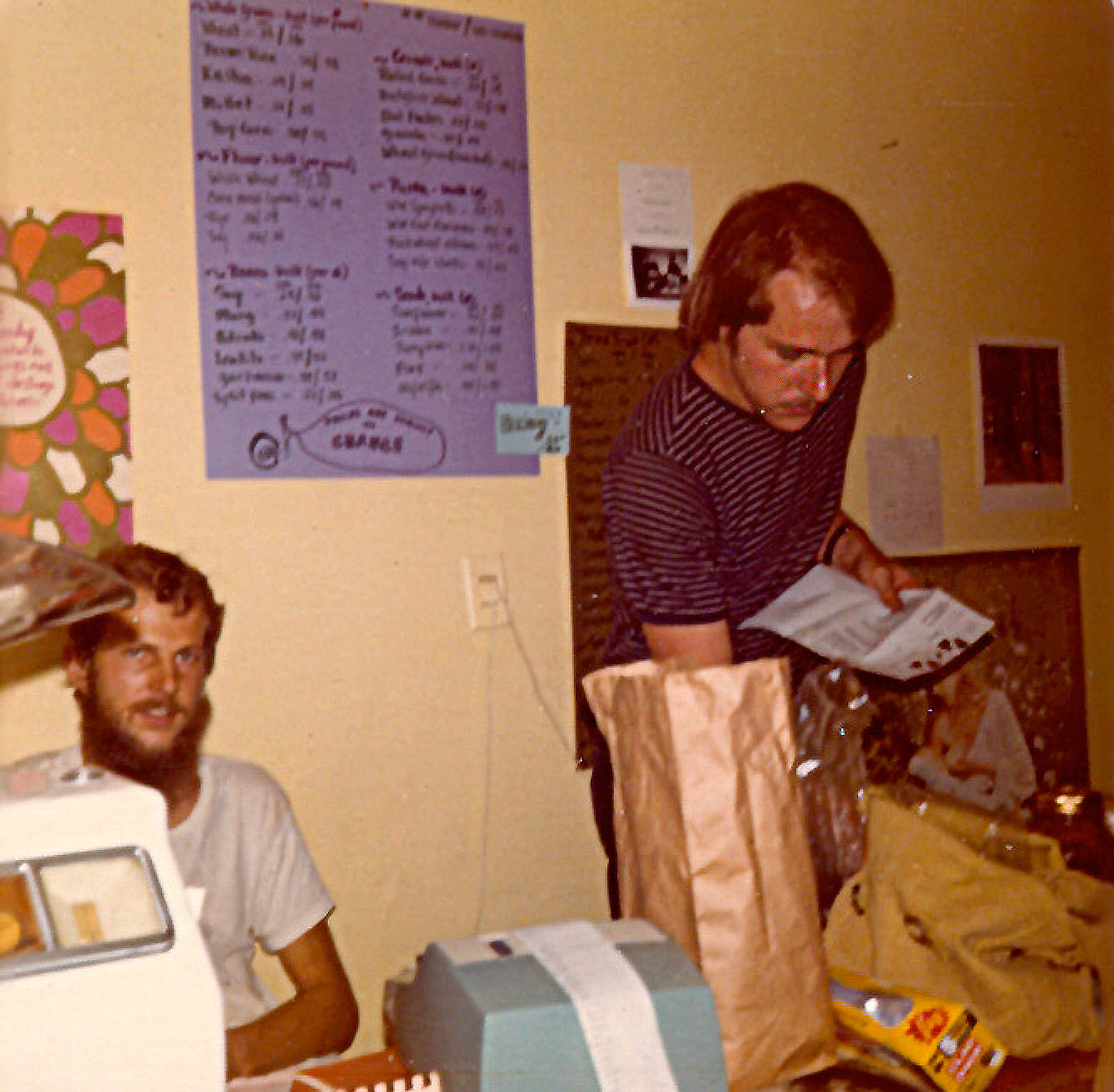
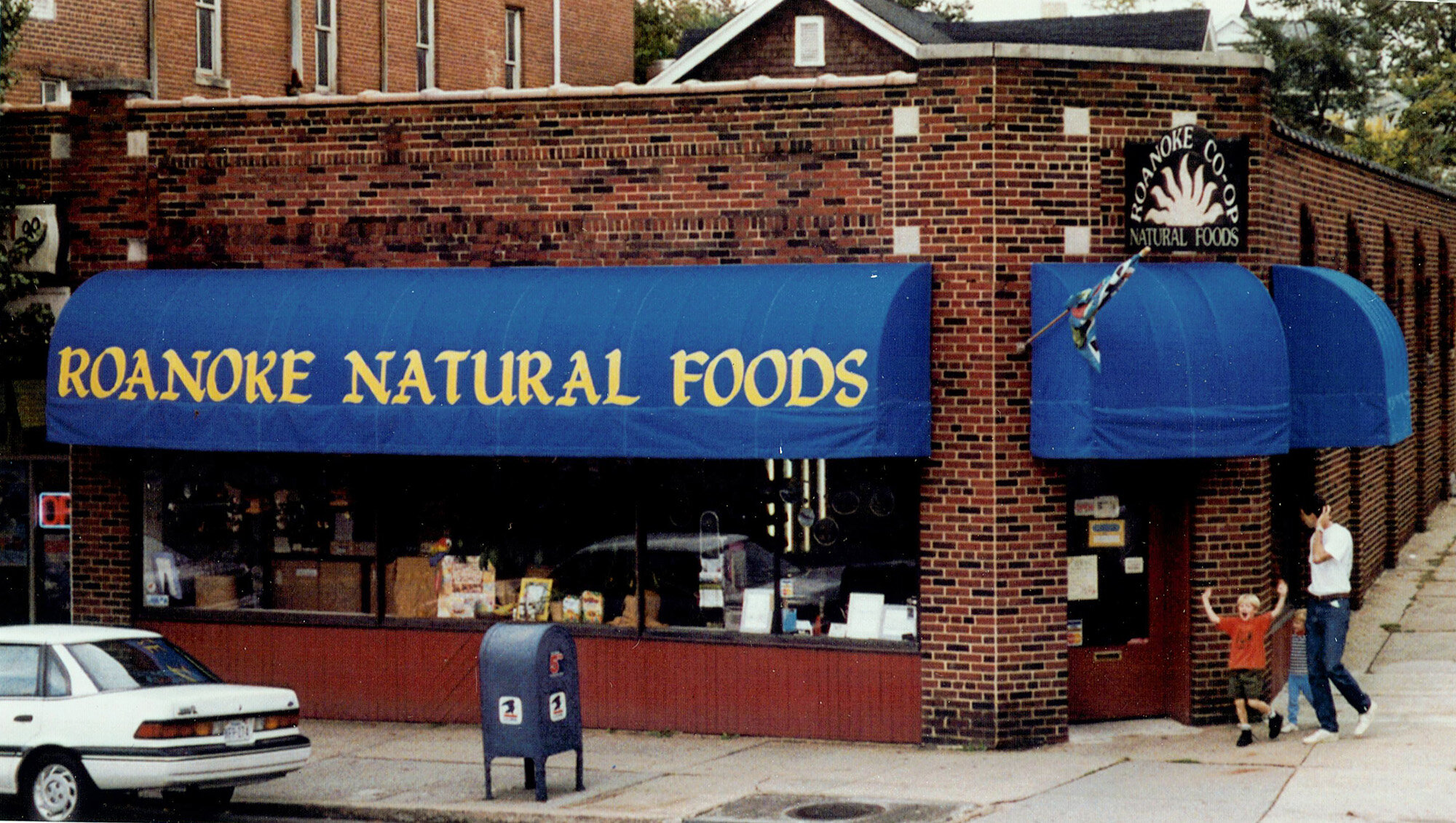
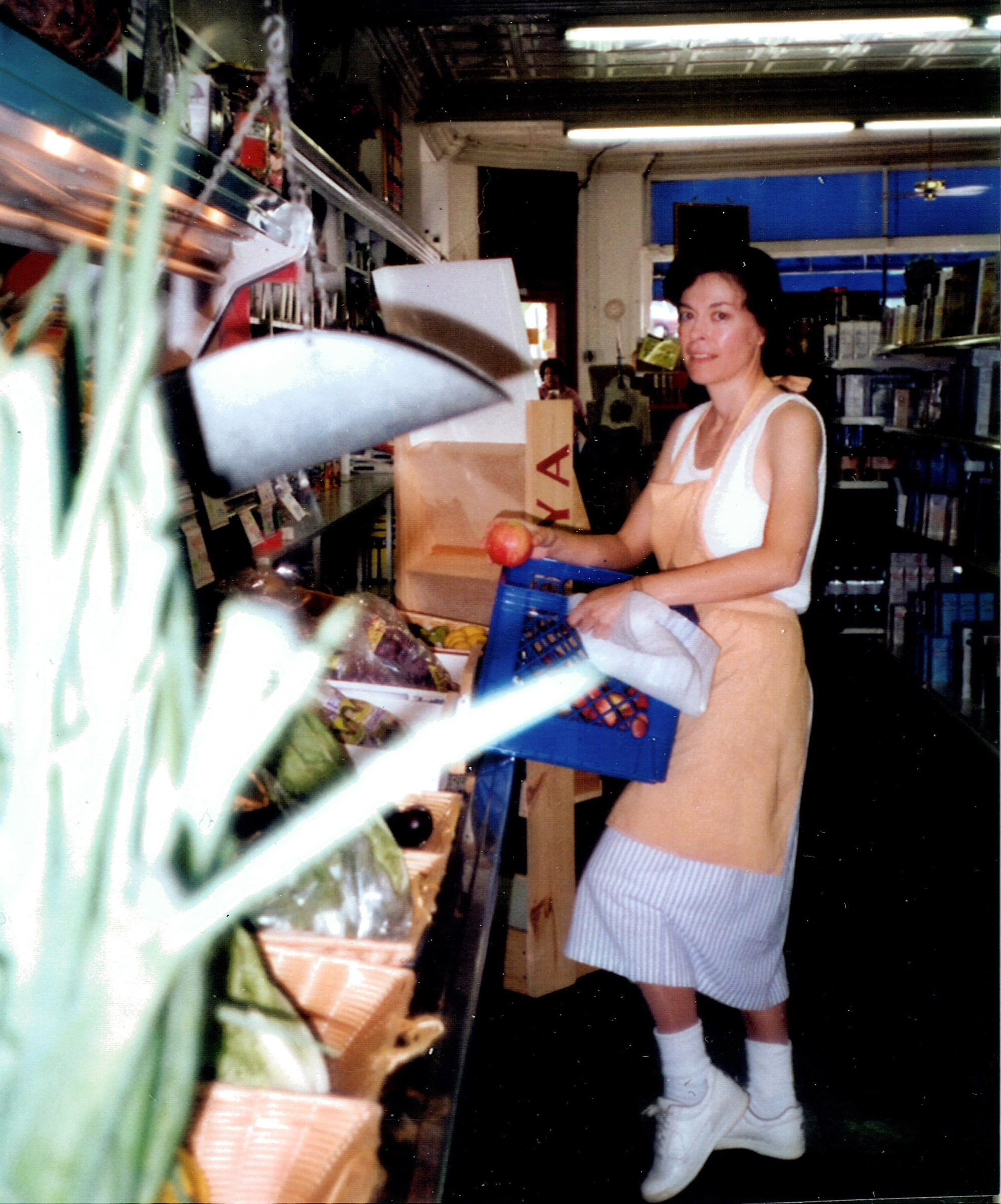
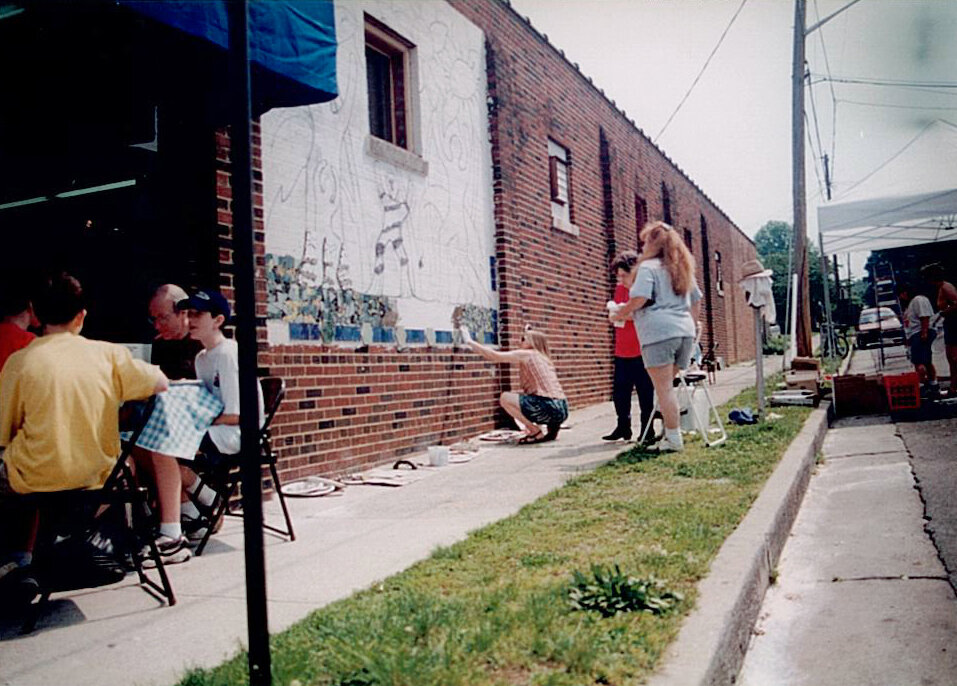

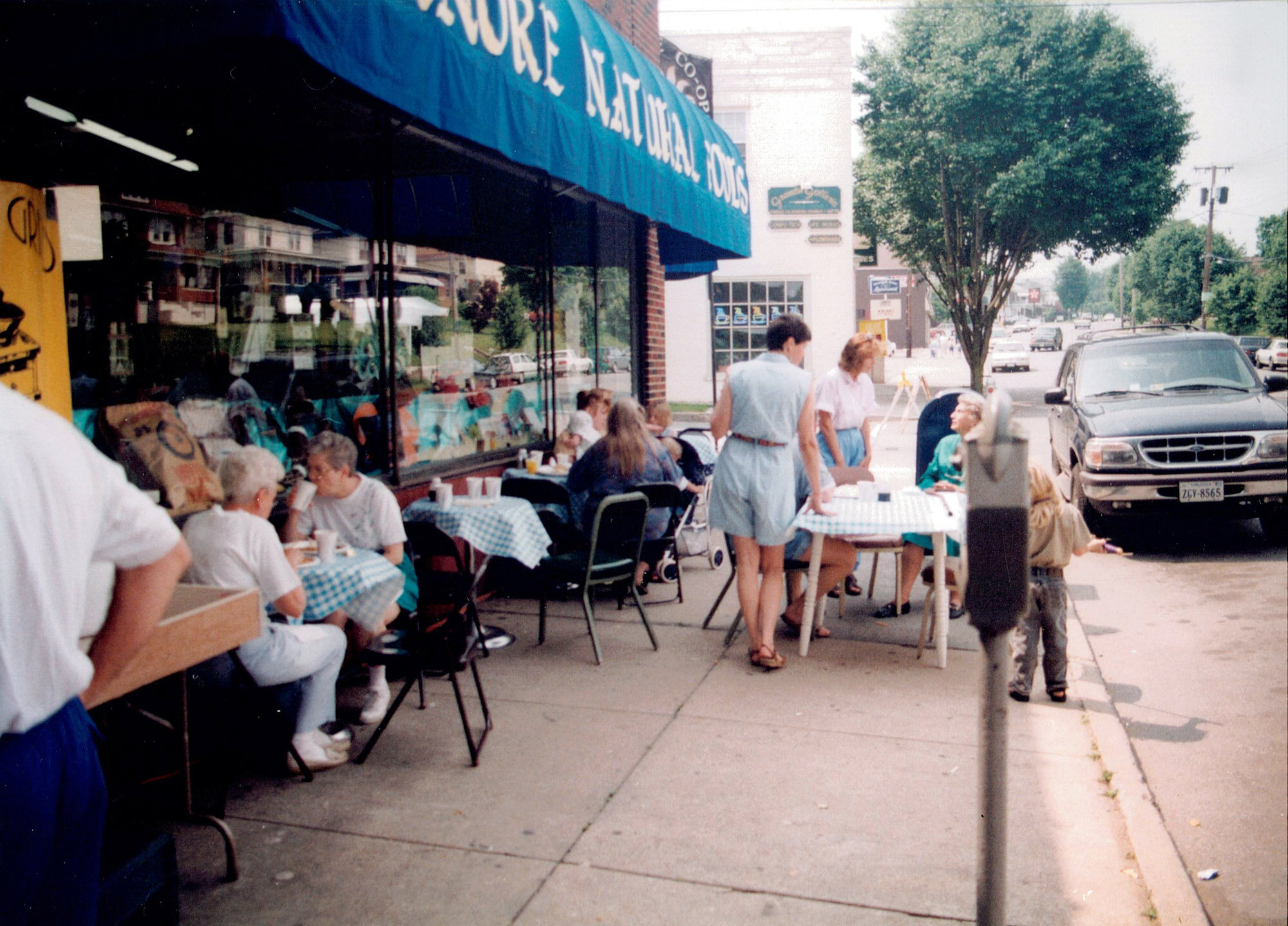

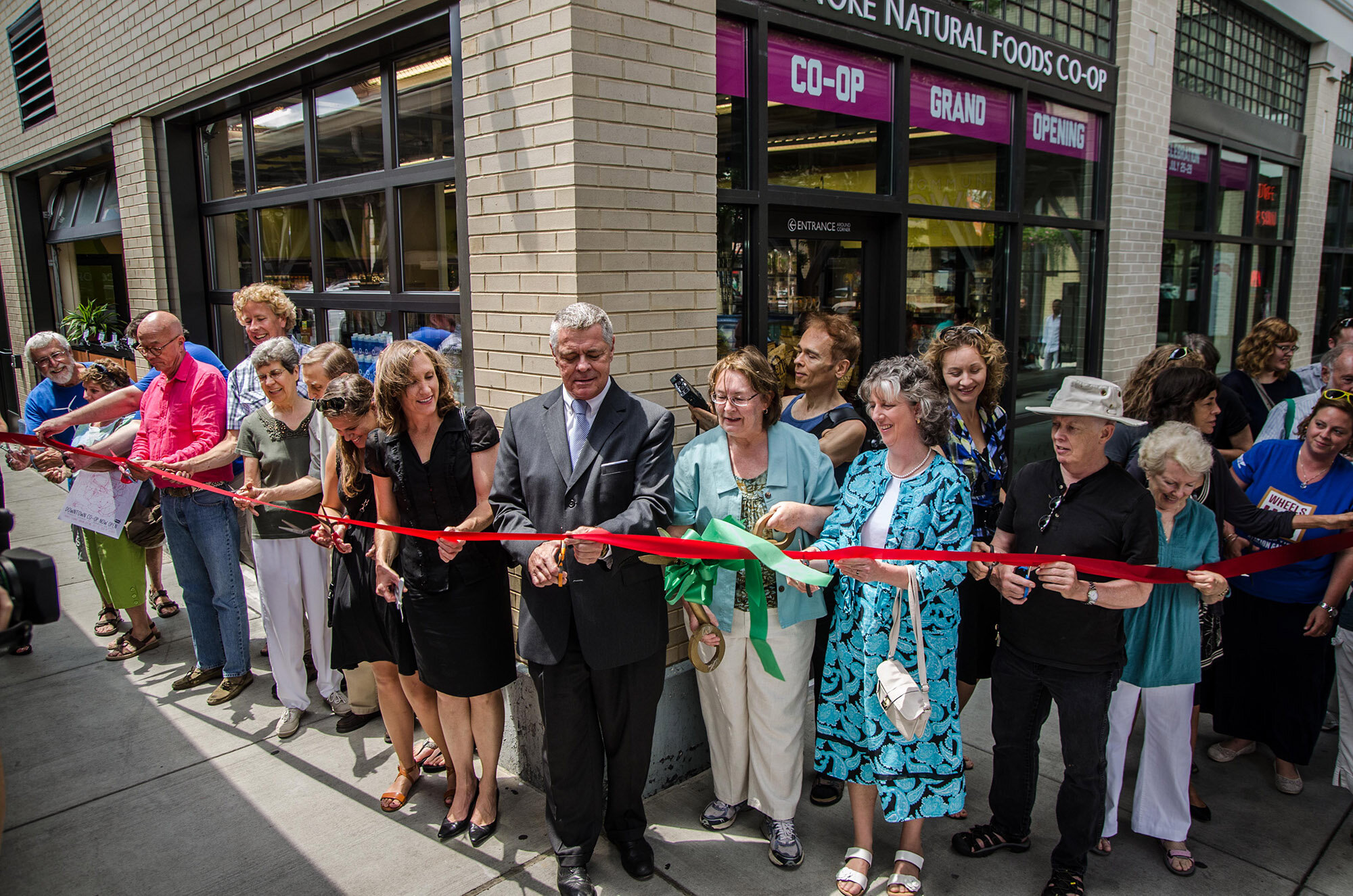
Our History
In 1971, Frank and Eva Jo Wu moved to Roanoke from Washington DC. They soon realized the area was lacking a natural foods store. The decided to buy bulk cornmeal, whole -wheat flour, and such things as peanut butter, and sell these items at cost to a group of like-minded families out of the basement o their suburban home on Cave Spring Lane.
This genesis of the co-op in enshrined in the historic narrative of Roanoke Co+op.
The eight Cooperative Principles
Co-ops are based on values not unlike those we subscribe to individually, including self-responsibility, democracy, equality, honesty and social responsibility.
In addition to these common values, seven basic international principles serve as guidelines to provide a democratic structure for co-ops around the world. While adoption of these principles is not required, most co-ops choose to adopt them for their business.
Roanoke Co+op, along with the food co-ops of National Co+op Grocers, have chosen to incorporate an eighth principle: diversity, equity and inclusion. Cooperatives believe we are stronger when a proactive effort is put forth to engage everyone in governance, management and representation.
The eight principles are:
1. VOLUNTARY AND OPEN MEMBERSHIP
Cooperatives are voluntary organizations, open to all people able to use its services and willing to accept the responsibilities of membership, without gender, social, racial, political or religious discrimination.
2. DEMOCRATIC MEMBER CONTROL
Cooperatives are democratic organizations controlled by their members—those who buy the goods or use the services of the cooperative—who actively participate in setting policies and making decisions.
3. MEMBERS' ECONOMIC PARTICIPATION
Members contribute equally to, and democratically control, the capital of the cooperative. This benefits members in proportion to the business they conduct with the cooperative rather than on the capital invested.
4. AUTONOMY AND INDEPENDENCE
Cooperatives are autonomous, self-help organizations controlled by their members. If the co-op enters into agreements with other organizations or raises capital from external sources, it is done so based on terms that ensure democratic control by the members and maintains the cooperative's autonomy.
5. EDUCATION, TRAINING AND INFORMATION
Cooperatives provide education and training for members, elected representatives, managers and employees so they can contribute effectively to the development of their cooperative. Members also inform the general public about the nature and benefits of cooperatives.
6. COOPERATION AMONG COOPERATIVES
Cooperatives serve their members most effectively and strengthen the cooperative movement by working together through local, national, regional and international structures.
7. CONCERN FOR COMMUNITY
While focusing on member needs, cooperatives work for the sustainable development of communities through policies and programs accepted by the members.
8. Diversity, equity and inclusion
The Cooperative Principles were originally written in 1844, when the world looked different. By establishing an 8th Cooperative Principle, we are saying that diversity, equity and inclusion is an ideal that should be pursued.
National Cooperative Grocers (NCG)
ABOUT NCG
National Co+op Grocers (NCG) is a business services cooperative for retail food co-ops located throughout the United States. We represent 148 food co-ops operating nearly 200 stores in 38 states with combined annual sales of $2.4 billion and serving over 1.3 million consumer-owners. NCG provides the capacity of a chain while maintaining the autonomy of each individual co-op. We help unify natural food co-ops in order to optimize operational and marketing resources, strengthen purchasing power, and ultimately offer more value to natural food co-op owners and shoppers everywhere.
grocery.coop
The grocery.coop website represents NCG food co-ops nationwide and their shared commitment to providing delicious, high quality, healthy food; supporting local, sustainable agriculture; and strengthening local communities.

